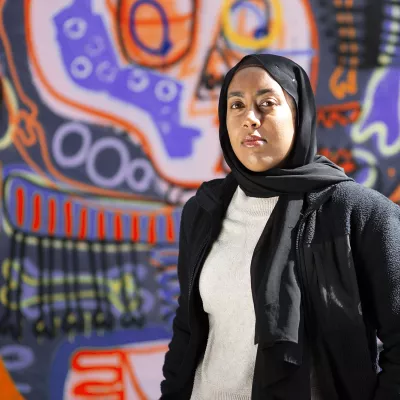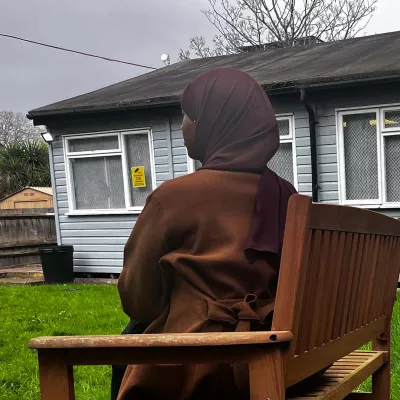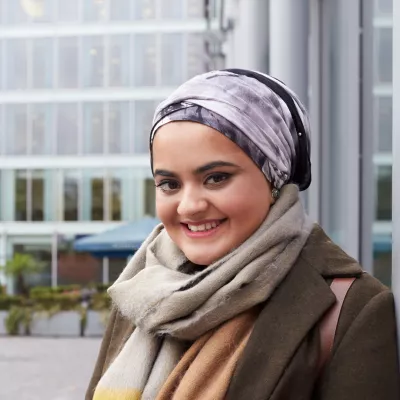When I saw a newsflash announcing ‘UK Schools to close this Friday 20 March’ with a six-day-old baby clutched in my arms, feelings flooded my body – too many to identify. My beautiful six-year-old, who has not had to share me with anyone except his Dad for his whole life would be at home with us all day, every day. How was I going to cope?
We started well. We would complete the work set for my son whilst I balanced Grace on my breast, answering educational questions on a Wednesday morning like “How do you spell ‘coat’?” or “What’s eight plus six?”. I watched him complete Joe Wicks workouts and make houses out of cardboard.
But as time went on, the morale that held us up began to dwindle, and electronics were the only thing that were getting us through most days – the new little human needed most of my attention.
This was not how I imagined new motherhood to be. My partner working 12-hour shifts as a key worker and me being home 24 hours a day, seven days a week. The only adult conversation I would have was on FaceTime or Zoom with friends, family or fellow people in recovery. It’s hard for people to help with the kids through the screen of an iPhone whilst you quickly have a shower.
I have been sober from drugs and alcohol for the last two years and 10 months, and a big part of maintaining that abstinence is attending face-to-face meetings with people also in recovery. Where we were once welcomed with hugs, a warm coffee and identification, now – if we are fortunate enough to have modern technology and WiFi – we seek something similar through the screen of our phones, tablets and laptops, but it’s just not the same. Abstinence during a pandemic is incredibly hard – friends have died during this time because of their addiction, and many have relapsed. This breaks my heart. A small part of me believes that if we weren’t in this situation, maybe those people would still be alive.
I can’t help but think about those who are substance dependent and don’t have access to the recovery community. I have seen first-hand that connection is one of the primary things needed to stay on the right path – it certainly is for me. I think about the friends I’ve seen as I drive past on my weekly trip to the supermarket, and pray for them as I see them in a world of pain, on autopilot for their next fix.
There have been times I’ve thought about using, and it looked appealing. Tantalising, even. I would try to justify it in my mind: Our generation has never lived through something like this, I have a new baby and a six-year-old and it is HARD. Until, that is, I leave the house and see what addiction is doing to other people. People I care about. I snap back to reality, and remember that I once didn’t have a home to live in, or food in the cupboards – now I do. There was a time where I couldn’t stop using, or obsessively thinking, gripped by compulsion – now I experience moments of peace.
I feel grateful that my home has been a safe haven during lockdown, despite its chaos. There was a time that it certainly wasn’t, instead filled with unwanted experiences and memories. I know from personal experience that so many people will have spent lockdown in fear in their own homes, much like I once did.




 Tamsin Clements
Tamsin Clements

